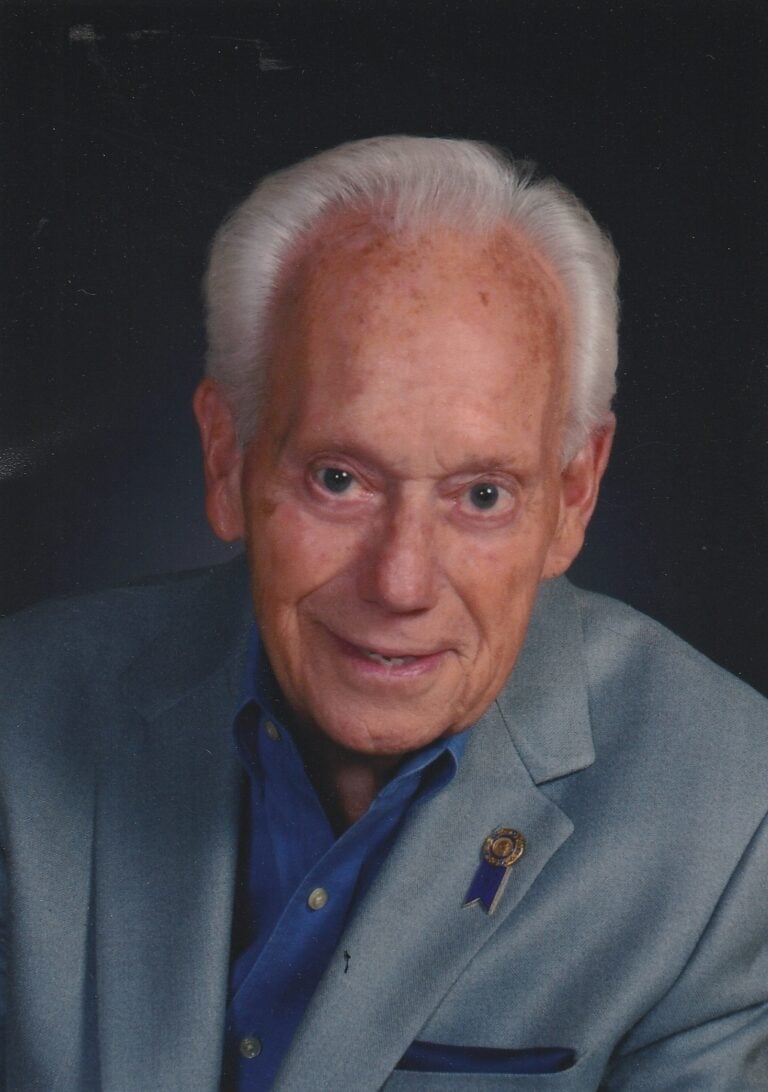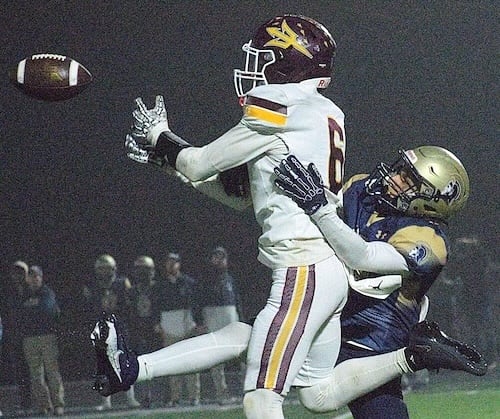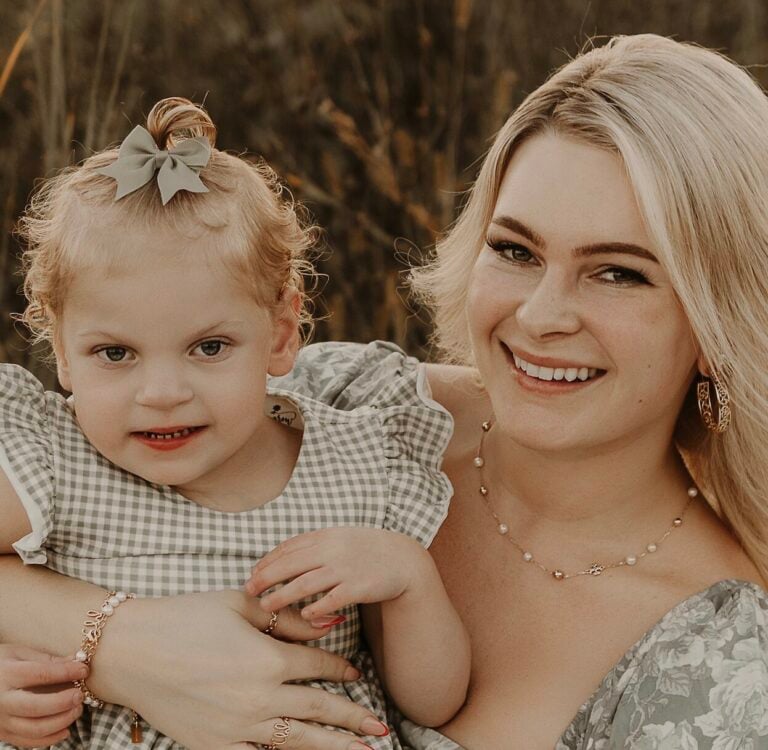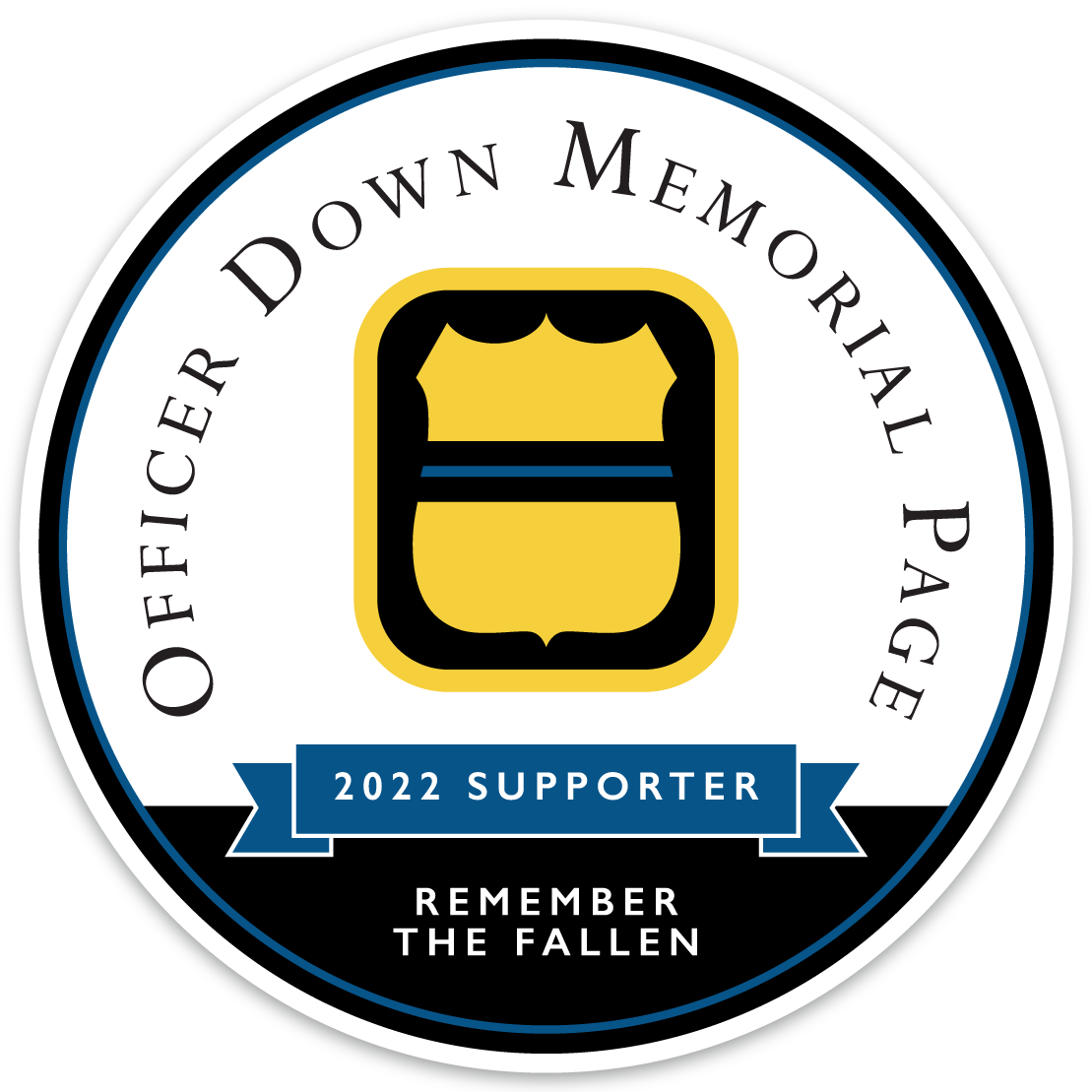Last year we saw a lot about Defunding the Police. Since then, we have seen a spike in cop killings, some cases lingering without speedy trials.
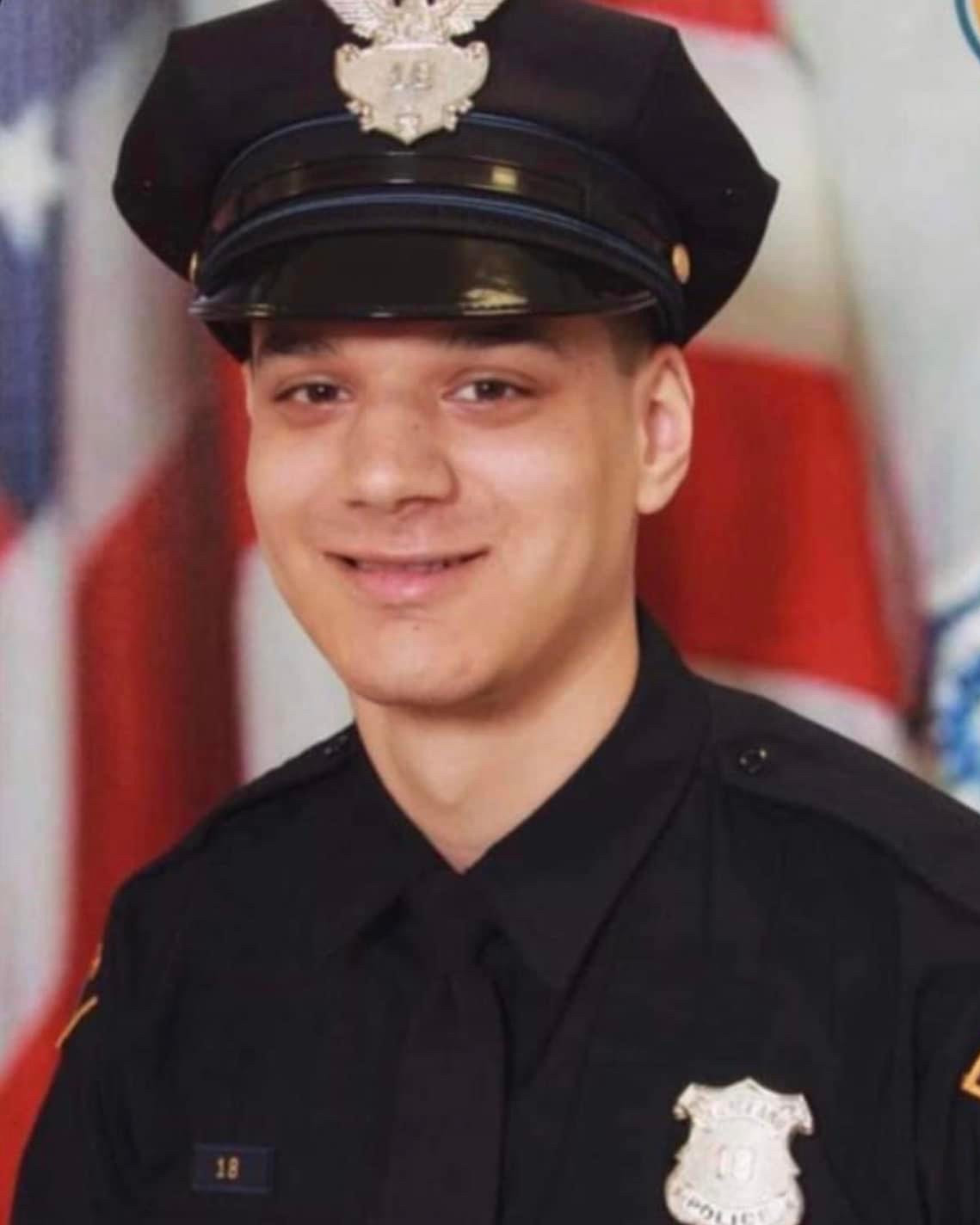
One example is Police Officer Shane Bartek, who had been with the Cleveland, Ohio, Police Department for just a year and a half. On December 31, 2021, he was in his car when 18-year-old Tamara McLoyd reportedly approached him while he sat in the parking lot of an apartment complex. McLoyd attempted to carjack Bartek. She had a gun, and Bartek tried to disarm her. During the struggle, she shot him twice.
“This crime is captured on video,” the prosecution told the court. “This defendant was arrested later the same evening into the early morning hours of the next day with a revolver on her person. She did ultimately confess to shooting officer Bartek with that particular revolver.”
Anthony Butler, Jr., who knew McLoyd, was seen in Bartek’s stolen vehicle. Police pursued him and arrested him.
McLoyd was charged with aggravated murder and other felonies. Butler was charged with failure to comply with an order of a police officer, receiving stolen property, and obstructing official business.
Yet, due to backlogs due to Covid and other contributing factors, autopsy evidence has not yet been brought forward, thus impeding a speedy trial.
Officer Bartek was just 25 years old when McLoyd reportedly killed him. He was the 511th police officer to die in the line of duty during 2021. This was a record-high number of deaths in the line of duty. Although 73 percent of them (373 deaths) are medically related deaths, nearly all the (349 deaths) are due to COVID. Medically related deaths usually account for 35 to 40 percent of line-of-duty deaths in an average year.
This abnormally high number of medical line-of-duty deaths hides the impact of felonious death for police officers. Typically, more than 100 officers each year are killed because someone was trying to kill them. Felonious death regularly constitutes the majority of police line-of-duty deaths annually, but with COVID taking so many officer lives, it makes the felonious death look like less of the problem.
Nothing could be further from the truth since the actual number of officers killed in felonious death is still roughly the same, more than 100.
Less than a month into 2022, nearly one police officer a day in the United States has died on duty.
The Officer Down Memorial Page, the largest law enforcement memorial in the country, promotes an initiative called “No Parole for Cop Killers” to ensure all cop killers serve their full sentences. In less than one minute, you can generate and mail a letter urging parole boards to deny parole to cop killers with upcoming parole hearing dates. Nearly 215,000 letters have been sent through the initiative. The results have been very successful, with 342 inmates having their parole denied and only 30 granted.
The strength of this program is that it shows support for officers who have paid to ultimate price to protect us. It is also flexible based on the person’s intentions who killed the police officer. For instance, Officer Bartek’s killer deserves a harsher sentence than someone who accidentally hits a police officer’s vehicle while engaged in a pursuit. The latter perpetrator is not likely to receive jail time because of the nature of the incident or would not receive a sentence that would need parole, so the initiative doesn’t apply.
It’s unknown what will happen to Bartek’s murderer. Still, it seems if police officers are willing to put their lives on the line for the citizens they protect, those citizens should be willing to take some extra steps to ensure their police officers are as prepared as they can be. This means providing proper training, top-of-the-line protective gear, and citizen support.

The Officer Down Memorial Page is already working toward this goal. It has partnerships with other organizations that work good-quality bulletproof vests for officers who work for police agencies that don’t issue the vests to their officers and provide training to police to decrease preventable line-of-duty deaths.
Let’s hope that as 2022 continues, the number of police officers who give their lives to protect us drops to a record low.
Jim Rada, Jr. is an award-winning former reporter who lives in Pennsylvania. He works as a freelance writer with a specialty in history. His articles have appeared in more than 130 national and regional publications.
















